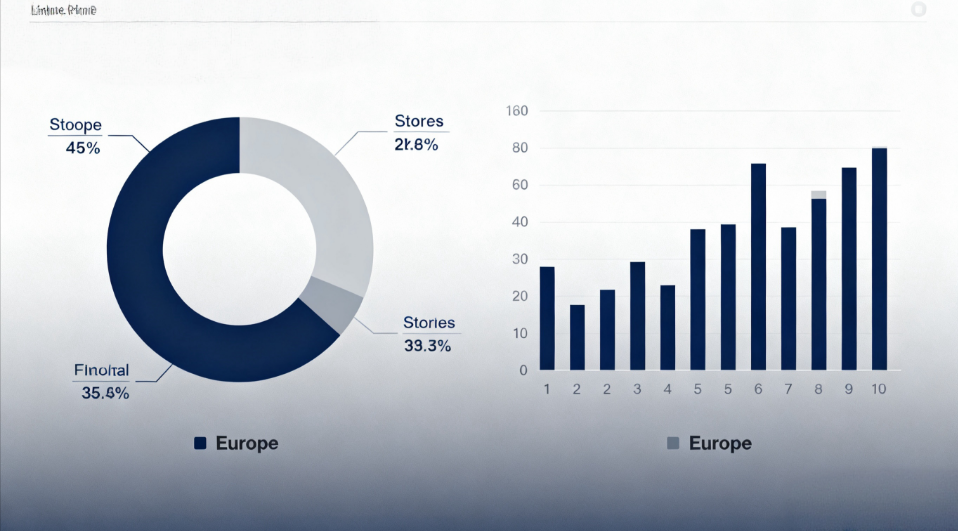
On October 31st, European stock markets generally moved lower, with major indices closing down. The UK's FTSE 100 index fell by 0.44% to close at 9717.25 points, ending its previous nine consecutive trading days of gains. The prior continuous rise of the FTSE 100 had once filled the market with optimism, but during trading on October 31st, it ultimately failed to continue this upward trend. Meanwhile, Germany's DAX index fell by 0.67% to close at 23958.3 points, and France's CAC 40 index also fell by 0.44% to close at 8121.07 points. The decline in these two major indices extended their weak performance over four consecutive trading days.
Despite the decline on the day, the overall performance for the week was more mixed. The UK's FTSE 100 rose by 0.74% for the week, showing a relatively better performance, even though it retreated during trading on October 31st. In comparison, Germany's DAX index accumulated a weekly decline of 1.16%, while France's CAC 40 index posted a weekly drop of 1.27%, indicating relatively significant fluctuations in economic confidence within the Eurozone during the week's trading.
Looking back at October's performance, the UK's FTSE 100 was particularly strong, with a monthly gain of 3.92%, demonstrating considerable market resilience. Germany's DAX index and France's CAC 40 recorded slight increases of 0.32% and 2.85% respectively, showing that the performance of Eurozone stock markets was slightly weaker, especially under the pressure of the end-of-month pullback.
Overall, although the performance of the UK's FTSE 100 in October was relatively impressive, its recent pullback reveals fluctuations in market sentiment. German and French stock markets face more adjustment pressure, which may be related to slowing regional economic growth and rising market uncertainties. Amid this wave of adjustment in European stock markets, investors need to carefully assess short-term market movements and the impact of the global economic situation on future stock markets.
















